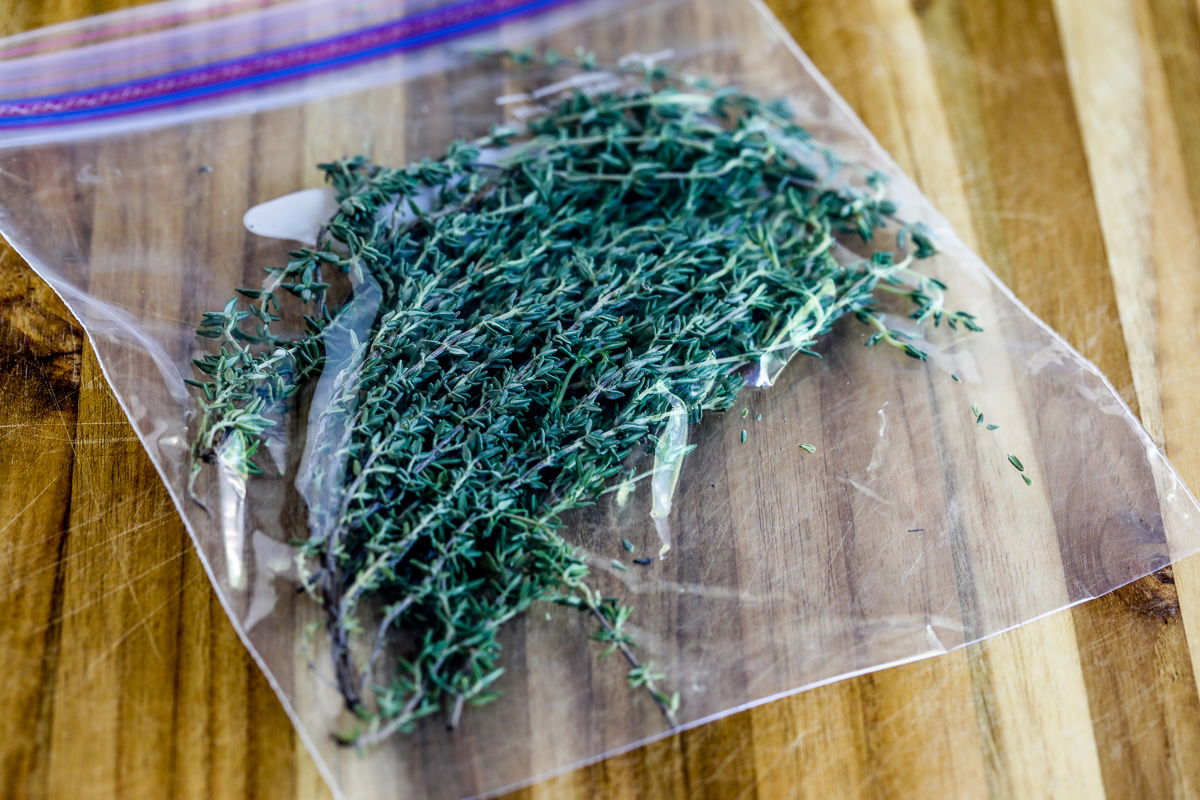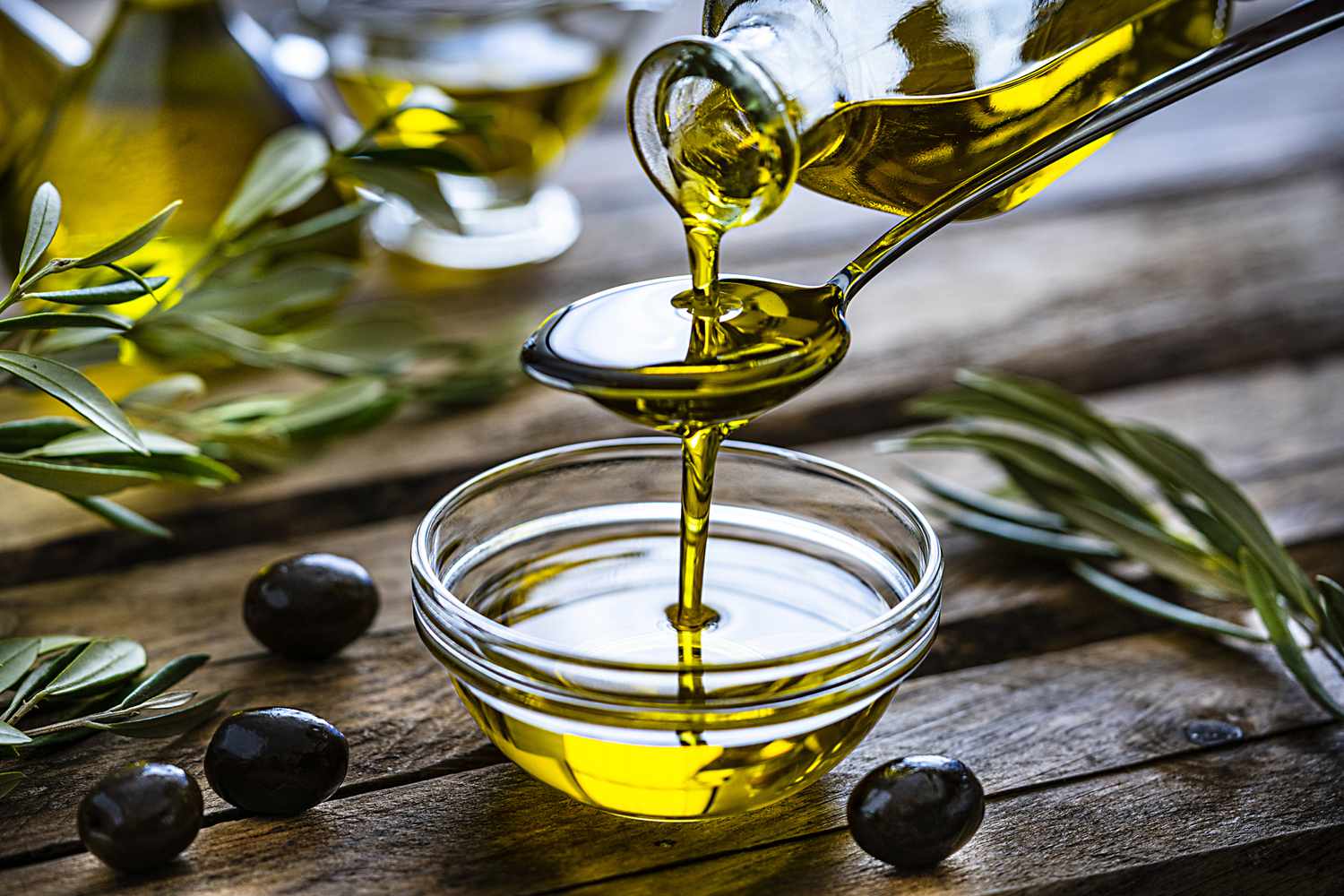
If you are used to cooking or enjoying tasty dishes, you will know very well how essential spices are for making many recipes. Among the most loved, versatile and certainly fragrant, we find rosemary . This magnificent spice, which among other things also has repellent properties against insects such as mosquitoes and bees, can be used to cook dishes based on meat, fish or anything else. Having said that, how can we best preserve it and be able to use it all year round? Let’s find out together.
Rosemary: how to preserve it
As anticipated, the properties and organoleptic characteristics of rosemary are very relevant, which is why being able to exploit this spice all year round would be ideal. First of all, we can say that rosemary can be easily frozen: in this case, it will be necessary to wash and dry it well beforehand. Then, if we want, we can chop it and make it more “compact”, perhaps using containers or freezer bags. The organoleptic properties will remain almost the same!
If we talk about fresh rosemary , then we could think of drying it and keeping it in a shaded and cool area (like a cellar). Obviously, to proceed with drying we must foresee a longer procedure, given that it is necessary to leave it in the sun for several days or cook it in the oven, at low temperatures.
But let’s see in detail these procedures how they can be implemented.
Rosemary in the freezer

Rosemary can certainly be stored for longer in the freezer . As anticipated, we wash and dry the rosemary branches thoroughly and decide whether to keep them whole or remove the various leaves, detaching them from the sprigs, and chop them. Subsequently, we place everything in freezer bags or in any case in airtight containers. Before using it again, remember to let it thaw thoroughly. Another suggestion is to put a label that can remind us what we have placed in the relevant container. Keep in mind that the product can be stored for up to 6 months !
Dried rosemary
It goes without saying that, as you may have already noticed, rosemary often yields more when it is dried. This is because the scent it releases is even stronger. The procedure is a little longer and more arduous. We will have to plan for drying in the sun, in the open air, which can only be done in summer and in outdoor spaces such as gardens or terraces. Another technique for drying it is linked to the use of the oven: 50 °C will be enough, but with cooking for at least 2-3 hours.
Extra virgin olive oil: alternative solution

Finally, there is a technique that instead involves the use of extra virgin olive oil . This method is truly exceptional: it consists of rinsing the rosemary branches as best as possible, then leaving the leaves to macerate in the oil for a few days and placing them in a glass jar. Let’s keep it away from heat sources and shake the jar from time to time. In some cases it could be useful to boil a little oil with fresh rosemary and thus recreate a very fragrant infusion. We also suggest filtering the mixture before using it.



















